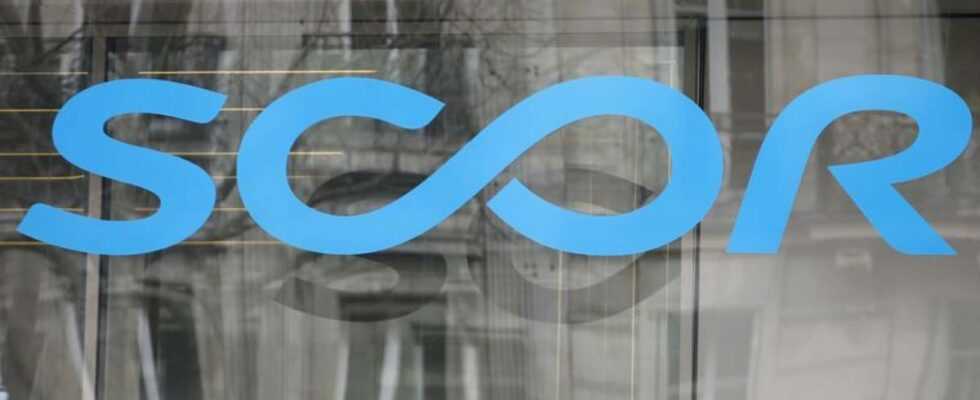SCOR RESTRICTS COVERAGE OF OIL PROJECTS TO REDUCE EMISSIONS
by Simon Jessop and Tassilo Hummel
LONDON (Reuters) – SCOR, the world’s fourth-largest reinsurer, said on Wednesday it would stop covering new oilfield projects from 2023 unless the company concerned has an acceptable plan to achieve recovery. carbon neutral by 2050.
The French group is thus imitating other major firms in the sector by adopting a stricter policy for insurance contracts in the oil and gas sectors, the main vectors of greenhouse gas emissions.
As scientists warn that action must be taken quickly to tackle climate change, the International Energy Agency (IEA) said in a report last year that the expansion of the oil and gas industries must stop to limit global warming to 1.5 degrees above pre-industrial levels.
In a press release accompanying the results of the annual general meeting of shareholders, SCOR indicated that it aims to double the coverage linked to low-carbon energies by 2025.
The goal of carbon neutrality “can only be achieved through a combination of climate change mitigation and adaptation to new conditions, supported by a strong commitment to its customers and its partners, and an active approach to transition,” the group said.
SCOR has, however, been accused by environmental associations of not going far enough in its measures, deemed insufficient to allow the French group to completely catch up with other insurers, including Allianz, which last month unveiled more radical.
“SCOR is not even halfway there by completely ignoring gas and allowing exceptions to its decision to no longer insure new oil fields,” said Ariel Le Bourdonnec, insurance and climate campaigner at Reclaim France.
Responding to these criticisms, a SCOR spokesperson recalled that the company was committed to supporting the needs of the economy during this transition period, “by combining pragmatism and ambition”.
“Changing an underwriting strategy is a process that requires in-depth analysis up front and takes time,” he added.
(Report Simon Jessop; French version Jean Terzian, edited by Jean-Michel Bélot)
